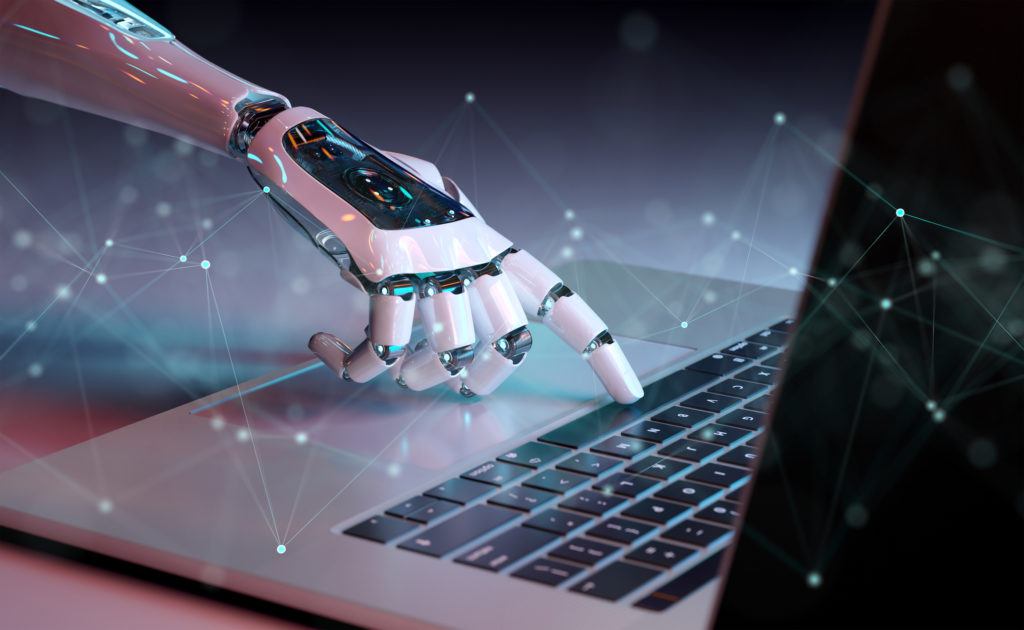In-House or Remote, Automated Tools Bring Value

Automation, as a concept, is a valuable capability. Whether an employee works remotely or is in the office for regular operations. Indeed, many businesses are now encouraging their team members to do both. Let’s review how a hybrid workplace can have a positive experience with automation in place… and why it’s essential for security’s sake. […]
Automation Technology: Benefits and Concerns

With the advent of more advanced technology, many workers are understandably concerned about automation and the impact it could have on their jobs. Computers systems grow more advanced each and every year. Thus, leading to improvements in artificial intelligence that have unskilled workers in certain industries where automation is king. Let’s explore some of these […]
Are Increases in Automation Taking Jobs Away from Workers?

There is increasing speculation about whether automation is taking jobs away from workers, whether it is creating completely new fields, or at least expanding older fields. In reality, both sides of the argument likely offer at least some partial truths. While some workers may very well see their jobs eventually disappear directly because of increases […]

